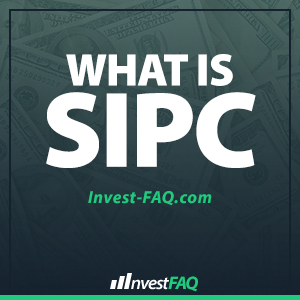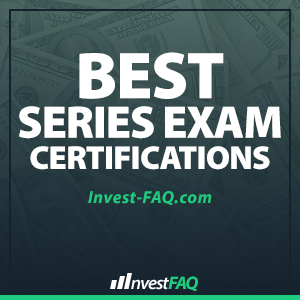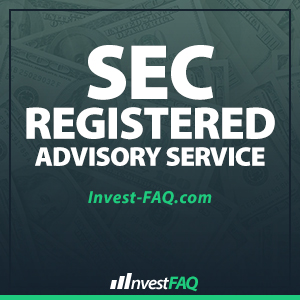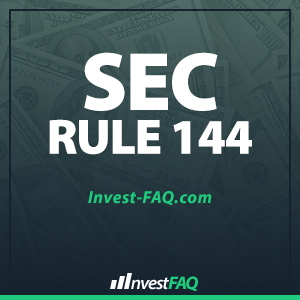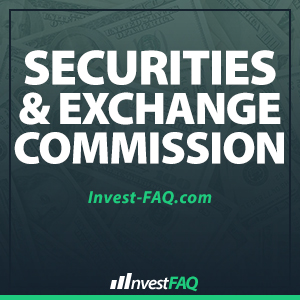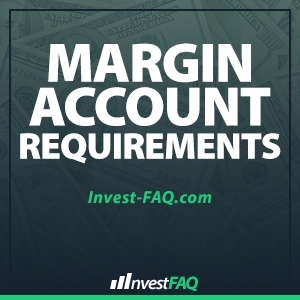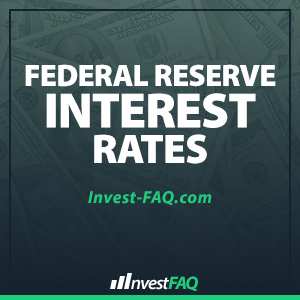How to Survive a Bankrupt Broker The U.S. Securities Investor Protection Corporation (SIPC) is a federally chartered private corporation whose job is to insure shareholders against the situation of a U.S. stock-broker going bankrupt. The National Association of Security Dealers requires all of their member brokers to have SIPC insurance. Many brokers supplement the limits
Category: Financial Regulation
Best Financial Series Exam Certifications
Series Examinations/Registrations The National Association of Securities Dealers (NASD) administers a series of licensing examinations that are used to qualify people for employment in many parts of the finance industry. For example, the Series 7 is commonly (although somewhat incorrectly) known as the stockbroker exam. Complete List of Series Investing Exams Here is a list
SEC/NASDAQ Settlement
The SEC’s settlement with NASDAQ in late 1996 will almost certainly impact trading and price improvement in a favorable way for small investors. The settlement resulted in rule changes that are intended to improve greater access to the market for individual investors, and to improve the display and execution of orders. The changes will be
SEC Registered Advisory Service
Some advisers will advertise with the information that they are an S.E.C. Registered Advisory Service. This does not mean a damn thing except that they have obeyed the law and registered as the law requires. All it takes is filling out a long form, $150 and no convictions for financial fraud. If they attempt to
SEC Rule 144
The Federal Securities Act of 1933 generally requires that stock and other securities must be registered with the Securities and Exchange Commission (the “S.E.C.”) prior to their offer or sale. Registering securities with the S.E.C. can be expensive and time-consuming. This article offers a brief introduction to SEC Rule 144, which is a safe harbor
Securities and Exchange Commission (SEC)
Just in case you want to ask questions, complain about your broker, or whatever, here’s the vital information: Securities and Exchange Commission 450 5th Street, N. W. Washington, DC 20549 Office of Public Affairs: +1 202 272-2650 Office of Consumer Affairs: +1 202 272-7440 SEC policy concerning online enforcement: http://www.sec.gov/enforce/comctr.htm A web-enabled complaint submission form:
Margin Account Requirements
This article discusses the rules and regulations that apply to margin accounts at brokerage houses. The basic rules are set by the Federal Reserve Board (FRB), the New York Stock Exchange (NYSE), and the National Association of Securities Dealers (NASD). Every broker must apply the minimum rules to customers, but a broker is free to
Federal Reserve Interest Rates
What are Federal Reserve Interest Rates? Federal Reserve interest rates is the amount the Federal Reserve charges banks to borrow money either in the short-term or in the long-term. Fed rates are one of the main tools the Federal Reserve uses to increase or decrease the money supply in an effort to control inflation and
What is the Money Supply?
What is M1, M2, and M3 in Economics? The US Federal Reserve Board measures the money supply using the following measures. M1 Money that can be spent immediately. Includes cash, checking accounts, and NOW accounts. M2 M1 + assets invested for the short term. These assets include money- market accounts and money-market mutual funds. M3
Full Disclosure Rules
The full disclosure rules, also known as regulation FD, were enacted by the SEC to ensure the flow of information to all investors, just just well-connected insiders. Basically the rule says that publicly held companies must disclose all material information that might affect investment decisions to all investors at the same time. The intent was

